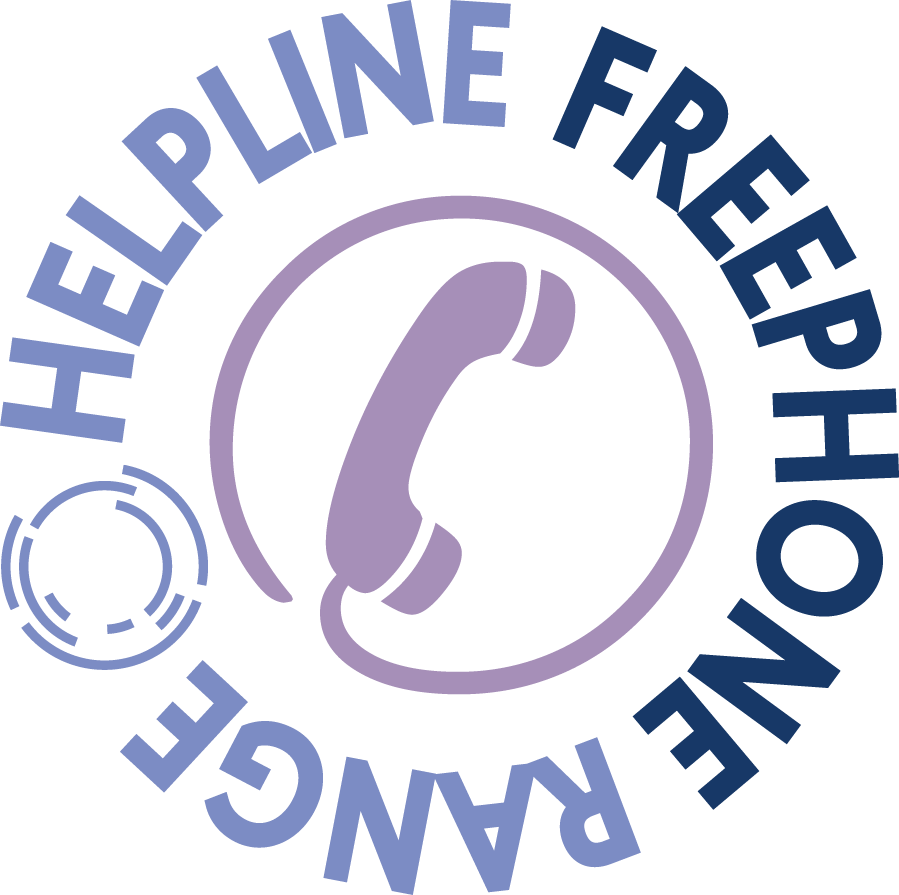
The vast majority of SIDS deaths happen when babies are less than 6 months old; with the highest number happening at 2-4 months old. Parents naturally expect that after 6 months they may begin to feel less anxious about SIDS, and that on their child reaching the first birthday (and the ‘official’ end of infancy) the possibility of such an event is now past.
Very sadly, we know that in the UK every year a very small number of young children die suddenly and unexpectedly, in a manner which appears to be exactly similar to SUDI, but is usually referred to as sudden and unexpected death in childhood.
A mother, whose daughter of 16 months died, describes feeling intensely “lonely” in her grief. Although she searched for stories and information, everything she read related to babies under a year old.
Another mother, whose daughter died at 13 months and three weeks, was told by her GP that “J’s death wasn’t a cot death” (at that age) and she felt “like an imposter” while suffering “the helplessness of not having a diagnosis”.
Special issues in deaths of children over one
The shock and sense of isolation can be even more intense for parents who lose an older child, as much of the safer sleep information and advice no longer applies to them. Guilt is a common feeling for all bereaved parents, and parents of children just over the age of one often describe their distress at the impossibility of getting an older child to sleep on their back, or, for example, regret at having begun to use a duvet after a year old.
In a child who was already starting to walk and talk, being irritable, ‘naughty’, fussy with food or ‘a bit off colour’ may have been, very reasonably, put down to perfectly ordinary child behaviour. Grieving parents may look back over what happened and see this behaviour as a ‘sign’ which they failed to take seriously.
It can sometimes be difficult for people even close friends and family to know what to say or how to behave around you after the death of your child. They may try to discourage talking about your child for fear of upsetting you. Although this doesn’t mean that they don’t care it can cause feelings of loneliness, which can make the grief even harder to bear.
If you find talking to friends and family too difficult you can speak to The Lullaby Trust who has a bereavement helpline. We also have a Befriender scheme, which allows us to put you in touch with volunteers who are bereaved parents themselves. The scheme has proved a great comfort to many parents as they can talk to someone who has an understanding of their situation and allows them to speak openly. If you are struggling to cope you can speak to your doctor who can help.
The investigation
Added to this sense of guilt, is the shock of the police getting involved and looking into the circumstances of their child’s death. This is a legal requirement after a sudden death at any age, not only the death of a baby or child. Several parents have described feeling ‘under suspicion’. This along with the feeling that they ‘must be to blame’ if their child dies from no obvious cause, means the shock and grief may be heightened by anxiety and despair.
It is not only parents of children over one year that feel this way but the widespread lack of awareness of Sudden Unexplained Death in Childhood even amongst professionals can make these feelings hard to deal with or to talk about.
The paediatric pathology investigation
There is no real difference in the process of investigation of a sudden death of a baby or young child and no difference in the way the post mortem examination is carried out.
In the UK, the post mortem examination should be carried out by a specialist paediatric pathologist.
Most SIDS deaths occur under the age of six months. The older the child who dies, the more likely it is that a cause of death or a contributing factor, will be found. It is also more likely that the cause will be a previously undiagnosed condition. Sadly, for many babies and young toddlers it will still be unlikely that a definite cause for their death will be discovered.
Sometimes if no other cause of death can be found, a pathologist will use the terms SIDS (sudden infant death syndrome). Some parents have said that this is a more well-known term and removes any suggestion of blame or wrong-doing on the part of the parent. Whereas some parents prefer sudden unexplained death in childhood to acknowledge that, though extremely rare, even compared to SIDS, families who experience this tragic event are not alone, but part of a group.
The Lullaby Trust supports all bereaved families including those whose children were over a year old. Our website contains detailed information about family events, meetings, conferences, publications and research. Some of it may seem to focus more on SIDS simply because sadly there are far greater numbers of SIDS deaths. However, they are also just as relevant for families who have experienced the sudden and unexpected death of a child.
Within The Lullaby Trust, parents who have lost a child over one are available as trained Befrienders to offer personal support, via telephone, email or social media, to all families who have experienced the unexplained death of a child.
Another place parents can go for support is SUDC UK. Co-founded by three SUDC bereaved mothers in 2017, it focuses on the ‘why’ to allow better understanding of the causes and help prevent the sudden unexplained death of children in the future. SUDC UK is dedicated to increasing awareness in the UK, funding crucial research and offers a supportive SUDC community. To contact SUDC UK email info@sudc.org.uk

